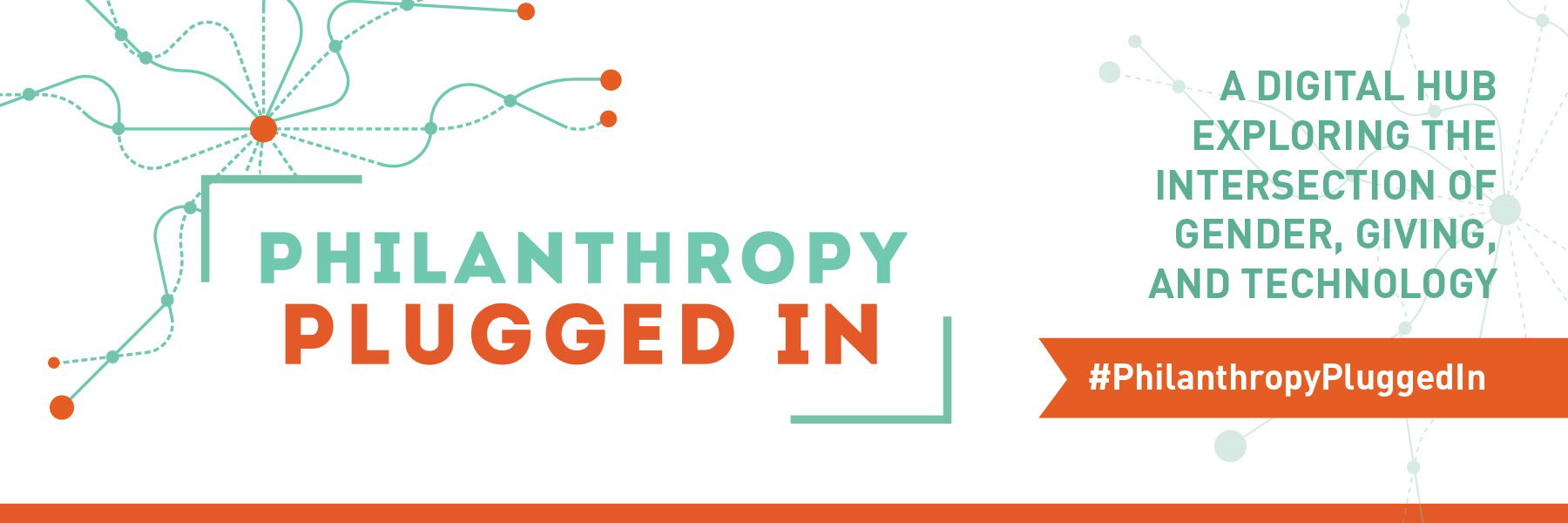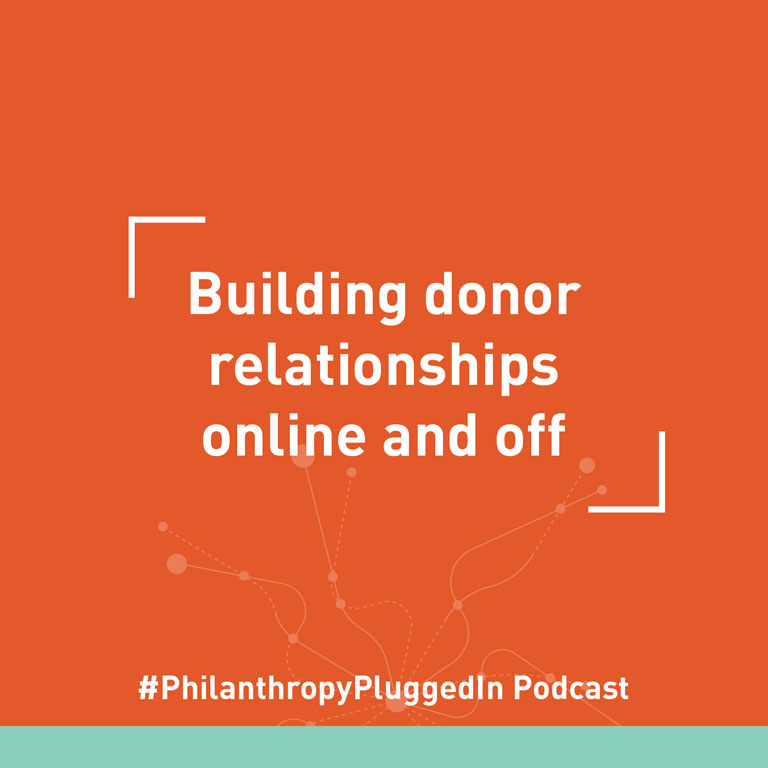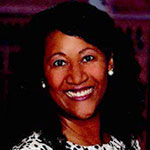Connie Falcone | President, Northwestern Memorial Foundation
 Connie Falcone joined the Foundation supporting Northwestern Memorial HealthCare as president in June 2017. Prior to joining the Northwestern team, Connie served as executive director of Cubs Charities and director of Community Affairs for the Chicago Cubs from 2011 to 2017, where she oversaw all development, philanthropic
Connie Falcone joined the Foundation supporting Northwestern Memorial HealthCare as president in June 2017. Prior to joining the Northwestern team, Connie served as executive director of Cubs Charities and director of Community Affairs for the Chicago Cubs from 2011 to 2017, where she oversaw all development, philanthropic
and program initiatives for Cubs Charities, as well as player, alumni, and employee outreach.
Previously, Connie served as the finance and development director for Urban Initiatives, a soccer-based youth development nonprofit organization. Before making the switch to nonprofit management, Connie spent 12 years as executive vice president at Devers Group Inc., where she co-founded the firm’s private equity investment practice. An attorney, Connie also practiced at a Denver law firm for three years.



 Lina Sergie Attar is a Syrian American architect and writer. She is founder and CEO of Karam Foundation. In 2007, Attar developed the vision of Karam, which means generosity in Arabic.
Lina Sergie Attar is a Syrian American architect and writer. She is founder and CEO of Karam Foundation. In 2007, Attar developed the vision of Karam, which means generosity in Arabic.
 Connie Falcone joined the Foundation supporting Northwestern Memorial HealthCare as president in June 2017. Prior to joining the Northwestern team, Connie served as executive director of Cubs Charities and director of Community Affairs for the Chicago Cubs from 2011 to 2017, where she oversaw all development, philanthropic
Connie Falcone joined the Foundation supporting Northwestern Memorial HealthCare as president in June 2017. Prior to joining the Northwestern team, Connie served as executive director of Cubs Charities and director of Community Affairs for the Chicago Cubs from 2011 to 2017, where she oversaw all development, philanthropic Dorri McWhorter became CEO of YWCA Metropolitan Chicago in 2013 and has embarked upon a journey to transform the 140-year-old social service agency to a 21st century social enterprise through expansion of digital services. Dorri led the process for the YWCA to develop an exchange traded fund (ETF) for women’s empowerment (NYSE: WOMN) and was included in the inaugural list of “The Blue Network”, comprised of the top 100 innovators in Chicago, by Chicago Tribune’s Blue Sky Innovation. Dorri is a 2019 Inductee in the Chicago Innovation Hall of Fame.
Dorri McWhorter became CEO of YWCA Metropolitan Chicago in 2013 and has embarked upon a journey to transform the 140-year-old social service agency to a 21st century social enterprise through expansion of digital services. Dorri led the process for the YWCA to develop an exchange traded fund (ETF) for women’s empowerment (NYSE: WOMN) and was included in the inaugural list of “The Blue Network”, comprised of the top 100 innovators in Chicago, by Chicago Tribune’s Blue Sky Innovation. Dorri is a 2019 Inductee in the Chicago Innovation Hall of Fame.